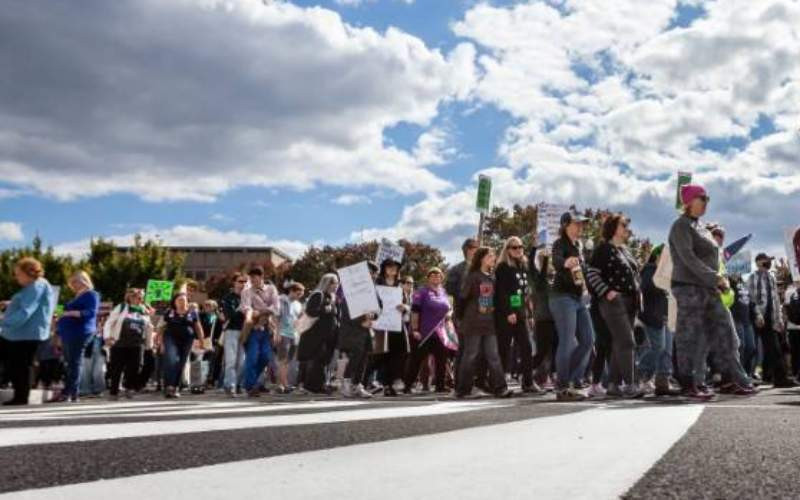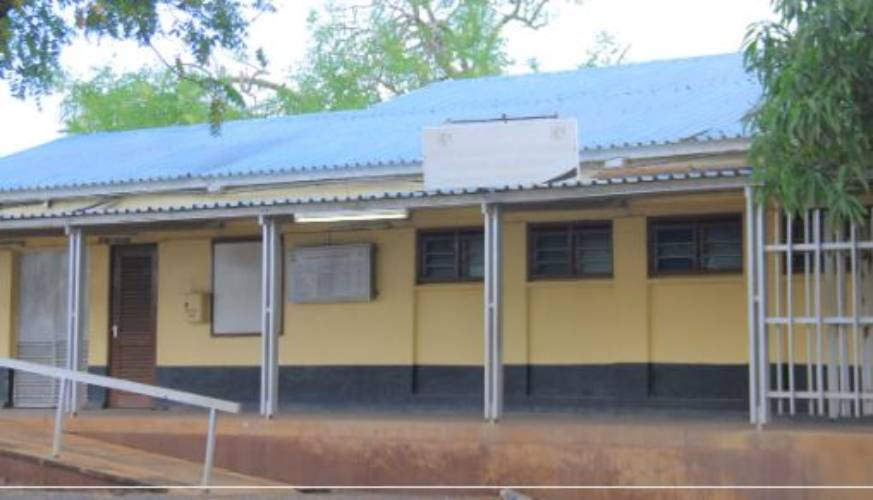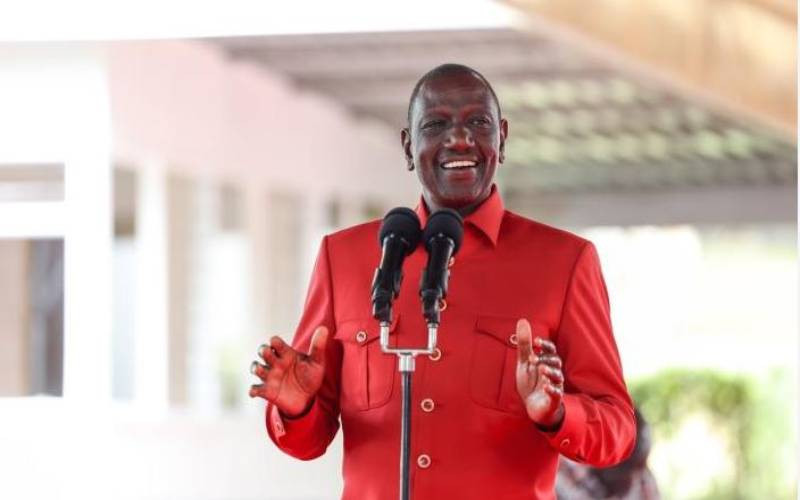The sports bar is buzzing with the English Premier League crowd when Dr Ochieng's mobile phone rings. It's an investigation officer with the National Police Service, but before he can say more, Dr Ochieng' is ready. Reaching for the change of clothing he always carries with him when he is on call, he swaps his open shoes for a pair of sturdy shoes, and travels to where a body awaits.
Dr Ochieng', 42, is a forensic pathologist with the Ministry of Health. Forensic pathology focuses on studying the dead to determine the cause of death. This is the profession that inspired Sir Arthur Conan Doyle's Sherlock Holmes and later, the popular television dramas CSI and Bones.
"It's really not like those shows at all," says Dr Ochieng', laughing. Except when causes are visible only in life, such as arrhythmia (irregular heartbeat) or electrolyte disorders (imbalances of salt in the blood), he can always determine the cause of death. "There's no glamour or mystery."
Maybe not, but still, his is no ordinary workday. Dr Ochieng' takes turns with two colleagues to be the forensic pathologist on call with the police. For one week, he participates in every crime scene investigation involving suspicious deaths, at every hour of the day or night – and death, it seems, has a preference for night.
When Dr Ochieng' is not on call, he is likely to be on morgue duty for non-suspicious cases: deaths of hospital patients, or caused by drug overdoses, suicides or accidents.
In the morgue, the atmosphere is serious and professional. "It's like working in an operating theatre, minus the anaesthetist and the anaesthetic equipment," Dr Ochieng' says. "The nature of the work is serious, but we try to make it not excessively solemn."
When Dr Ochieng' is not in the field or the morgue, his days are full with reporting and follow-up meetings with the police and public prosecutors. Complicated cases may require a solid week of round-the-clock work. Dr Ochieng' also appears in court as an expert witness, and teaches undergraduates and police officers.
He laments about pressure from family members in high profile cases, sometimes coupled with how shoddy autopsies lead to police losing key court cases and thereby ending up abetting crime. He attributes this to the fact that several labs in Kenya either lack the personnel, equipment or standards needed to conduct serious autopsies, whose results can sustain and indeed be the basis of winning court case.
"I don't see myself as working with the dead. I'm working for the living, helping them bring closure to the death of a loved one," he says.
 The Standard Group Plc is a
multi-media organization with investments in media platforms spanning newspaper
print operations, television, radio broadcasting, digital and online services. The
Standard Group is recognized as a leading multi-media house in Kenya with a key
influence in matters of national and international interest.
The Standard Group Plc is a
multi-media organization with investments in media platforms spanning newspaper
print operations, television, radio broadcasting, digital and online services. The
Standard Group is recognized as a leading multi-media house in Kenya with a key
influence in matters of national and international interest.
 The Standard Group Plc is a
multi-media organization with investments in media platforms spanning newspaper
print operations, television, radio broadcasting, digital and online services. The
Standard Group is recognized as a leading multi-media house in Kenya with a key
influence in matters of national and international interest.
The Standard Group Plc is a
multi-media organization with investments in media platforms spanning newspaper
print operations, television, radio broadcasting, digital and online services. The
Standard Group is recognized as a leading multi-media house in Kenya with a key
influence in matters of national and international interest.








